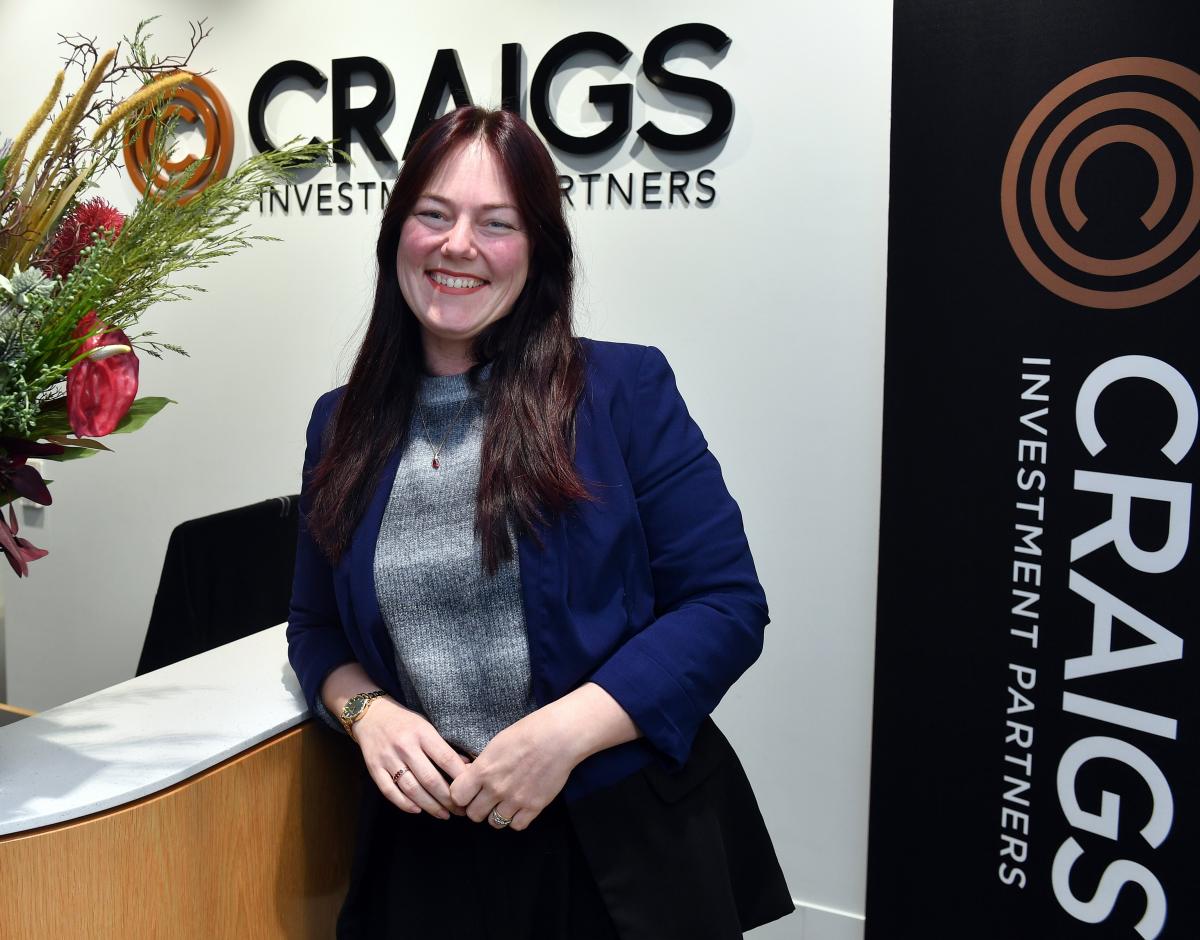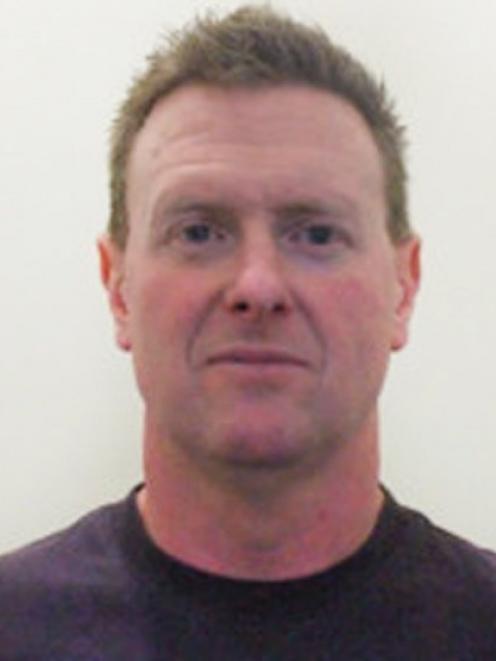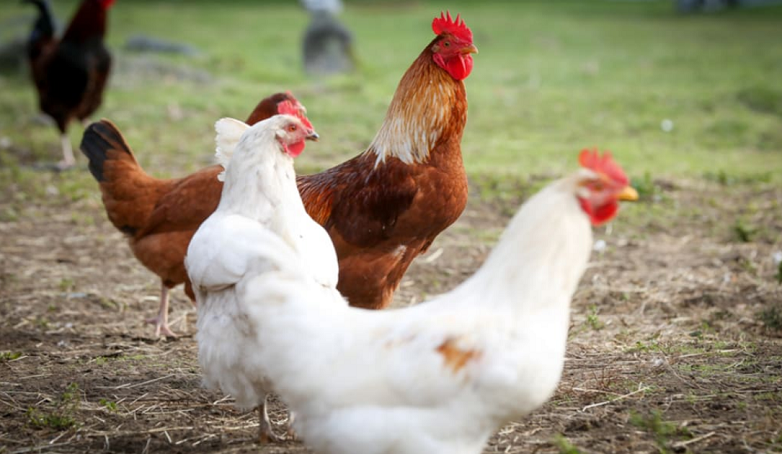Lawyer, hunter, self-described junior farmer — Alice Sanders wears a variety of hats in any given week.
The 35-year-old combines a legal career based in Wānaka with high country farming where she also introduces newcomers to hunting on her family’s property, Mount Campbell Station, near Alexandra.
At first glance, it might seem an unusual combination, particularly as she was once focused on developing a hard-out corporate career.
But, as she puts it, she has set up a life the way that she wants it and that included plenty of variety.
“I’m a big believer you can have a life you want. You’ve also got to realise there are sacrifices you make as part of that. I know law is important to me and I know farming is important to me and I know hunting is important to me,” she said.
Ms Sanders felt very fortunate to have been born into a high-country farming family, saying that opportunity was only afforded to a few.
The Mount Campbell Hunting Club was a chance for her to give back by providing a space where people could “get some of what I’ve been lucky enough to have”.
She was also grateful Wānaka law firm Fyfe Karamaena, where she is a senior associate, allowed her flexibility and understood how important both farming, and the hunting business, was to her.
The extended Sanders family farms various properties behind Alexandra’s famed clock on the hill. Alice lived on Mount Campbell Station until she was about 5 when her family shifted south and her parents Steve and Vicki managed farms in the South Otago area.
She boarded at Columba College in Dunedin and originally wanted to be a vet before quickly realising how difficult it was to get into and that her physics and chemistry marks were probably not up to the required level.
A keen horsewoman, she spent a year after leaving school at Telford doing the equine course. The experience proved valuable as she had the time to think about what she wanted to do while some of her peers were “doing what they thought they ought to be doing”.
Quipping it was likely due to her A-type personality, she decided she wanted a university degree that she could graduate with and know exactly what her job was, which narrowed the field down.
She chose to study law at the University of Otago and, on graduating in 2012, was planning to be “fully corporate — tight skirts, small apartment and climbing the corporate ladder”.
But towards her late 20s, a few significant things happened in her life, including a relationship break-up, and she was no longer sold on that being the only thing in her life.
After six years working in Dunedin, she felt the pull of Central Otago; that feeling of home, at the farm in the hills, and a desire to be closer to that, and also to her grandmother who was in her 90s.
Submitting her CV to several law firms, she got a job fairly quickly but, while packing her car after her leaving party, she sadly got a call to say her grandmother had died.
International travel plans were later scuppered by Covid and, around that same time, her parents returned to Mount Campbell to take over the property from Miss Sanders’ uncle.
By that stage, she had moved from working in Cromwell to Wānaka and had also started working with her father on the station.
At 30, she decided she wanted to be much more involved with the farm “and everything that brings with it”. She started initially working four day weeks at the law firm and she now worked nine-day fortnights, which allowed her to spend time on-farm.
The Mount Campbell Hunting Club was about demystifying what it meant to be a hunter, provide people with an opportunity to experience the land and get back to nature.
It was about accessibility, equality and education of all things hunting, from ethics and loading a firearm to the genetics and health of the animals.
She did not shoot her first deer until she was 30 and, by establishing the business, she wanted to give others like her who were busy or nervous or did not know where to start, the chance to learn in a welcoming, fun and educational setting.
The reality was there was often a lack of learning of “how to hunt from go to whoa” and it was about having to rely on someone who knew how to hunt and also how to be a good teacher, and those two skills were not always in tandem, she said.
Clients were diverse — from police officers and conservation workers to chief financial officers — and the predominant demographic was middle-aged men.
Ms Sanders attributed that to them reaching a stage in their lives when their children had left home, they had some disposable income, and they wanted to learn something new.
She wanted to provide an environment where clients felt comfortable asking any questions, even ones they might consider silly, and not having to show bravado. They then had a solid base to feel confident to go hunting themselves.
The prey was mostly fallow and red deer. There were also goats and pigs and hunts tended to be tailored for the individuals.
People’s reasons for hunting were diverse. It was not just about shooting an animal; it was about getting out in the hills which was a very special and authentic experience in what she described as a free-range environment.
“It’s so beautiful and we’re so lucky to be custodians of the land. To open it up and give people the opportunity, I take a lot of pride in that as well,” she said.
For Ms Sanders, the most positive aspect was “going for a walk, eating some snacks and watching for movement”. She also enjoyed the diversification from the farming aspect — it helped with pest control — and the people she met through the club.
At Fyfe Karamaena, Ms Sanders worked mostly in the commercial, property, employment and rural spheres and farming clients were a large part and something that she particularly enjoyed.
Courtesy of her own background, she had a real understanding of what was going on in markets and on-farm which helped in her interaction with rural clients.
The days of the stereotyped very formal lawyers “pushing paper over and [saying] ‘just sign this”’ were over as far as she was concerned. She wanted clients to feel comfortable when they walked in to her office and be able to have a good chat with her.
“I see my job as really making law understandable to people and how it works and working out how it works in their lives,” she said.
Outside of the rural sector, there was so much diversity in the work that came through the firm as there were “a million and one things going on” in the area, including interesting transactions and business ideas. She particularly enjoyed starting on the “ground floor” with a client and watching them grow their business.
Recently, Ms Sanders caused a few giggles on social media when she posted how it was two years since a boy broke up with her because she was “pretty rural”.
She laughed the moniker had backfired in a way — “it’s almost become my catchphase” — and was an example of both intimidation and of females being “put in a box”.
“People try and put you in a box and you’ve just got to laugh about it with all your friends — and the whole of the internet.”
Just like the hunting business allowed her to give back to others, she saw her farming involvement as learning all the things that made the country tick.
Whether it was being out on the hill, in a paddock, trying to work her two dogs or carting bales on the tractor — “things that make me feel so bad-ass” — there was a sense of satisfaction from doing something “that actually matters”.
There was the practicality of what was not working on the farm and having to deal with that and, when animals were fed and happy, then something very visual had been achieved.
“I’ve really found since coming back into farming and with what I’m doing there is it’s really just made me a much better well-rounded person in everything I do.
“Conversations I hold, decisions I make, the risks I assess. You can’t learn that in an office, you can’t learn that reading documents. You can’t do that anywhere apart from out in the actual world of doing those things.
“I think it’s improved me as a lawyer. I think, as a person, it’s given me… more appreciation of things, especially in the current climate around the world, really knowing how things work, the economic impact of things when you’re actually on the ground.”
And while there were some that thought being in an office was required to “know anything about anything”, farmers knew literally from the grass they were growing through to whatever the markets were doing, she said.
A head injury in February 2021 slowed Ms Sanders down for a while. She had taken up rock climbing and fell while not wearing a helmet, whacking her head.
Taking the next day off work, she thought she would be fine, but she was not fine. With so much computer work in her day job, it made her recovery from the concussion difficult, and she worked part-time for a few months.
There was also the acceptance of what had happened to deal with and having an invisible injury.
“It strips you of your sense of self,” she said.
Having to find a balance between pushing through and sitting down was incredibly difficult for the go-getter, as well as finding snippets of what she could do to make her feel like herself.
That included driving to the top of the farm and walking a short distance to then sit among the landscape. Although her health is good now, she has given up rock-climbing.
Ms Sanders recently bought a house in Alexandra and, while she would continue to work in Wānaka, she would also be able to work remotely at times — allowing her to hunt after work.
“It’s a really good step to whatever the next stage [of life] looks like me. Life is good. I can’t complain,” she said.














